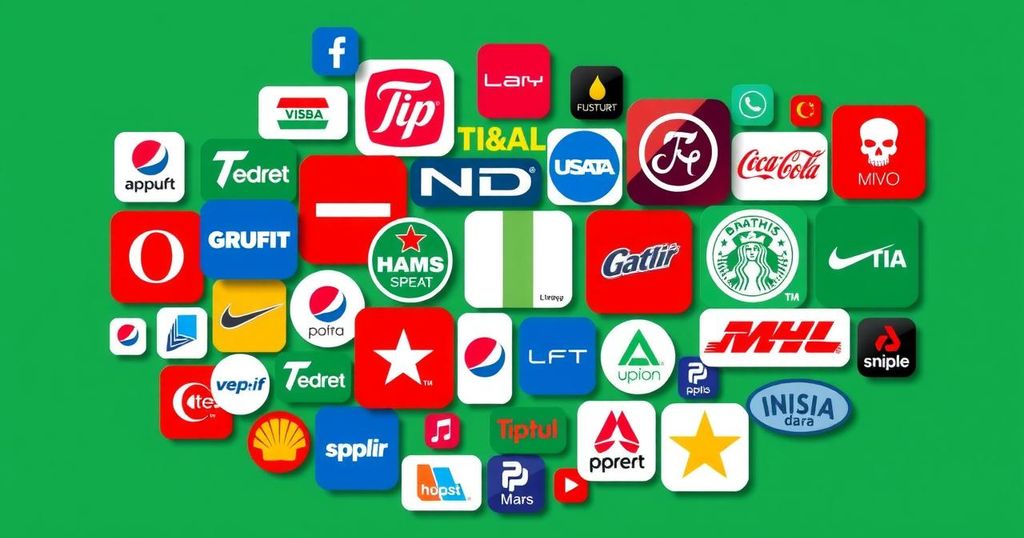Understanding the Roots of Brand Loyalty in Nigerian Consumers

Nigerian brand loyalty hinges on consumers’ relationship with uncertainty rather than just product quality. Many Nigerians pay an ‘uncertainty tax’ to avoid the risks associated with new brands. While established brands can withstand failures due to the known consequences, new entrants struggle to earn trust. Businesses must prioritize reliability and transparency to thrive in this market.
In a small store in Surulere, Lagos, Mrs. Adeyemi exemplifies strong brand loyalty by insisting on purchasing Omo laundry detergent despite the shopkeeper’s suggestion of a cheaper alternative. While conventional views attribute brand loyalty to product quality and consistency, a deeper analysis reveals that it relates more to the consumers’ relationship with uncertainty.
Nigerians experience what behavioral economists refer to as an “uncertainty tax,” which represents the premium they pay to avoid making mistakes. The high stakes involved in daily decisions can turn minor inconveniences into crises, especially when essential services or healthcare fall short. For every purchase, consumers weigh not only the price but also the potential risks associated with their choices.
In contexts where institutional support is stable, consumers are more open to experimentation with new products and services. In Nigeria, however, brand loyalty transcends mere preference; it serves as a form of protection against the unpredictability of life.
This loyalty reflects a sophisticated risk management strategy rather than simple aversion; it acts as an informal insurance policy. For example, despite the emergence of new fintech products, many Nigerians continue to rely on established banking applications, as the perceived risks of using unfamiliar options outweigh their advantages.
Business success in Nigeria is contingent upon understanding and mastering the relationship with uncertainty. Companies like GTBank achieved success not just by launching functional digital banking apps but by ensuring robust customer service and straightforward problem resolution. Indomie noodles, upon entering the Nigerian market, established trust through consistent product availability and community engagement.
This reliance on established brands creates a paradox: while loyal customers may tolerate occasional failures from trusted brands, new entrants face significant barriers to earning trust. Consumers prefer familiar brands, even if they are not always ideal, due to the fears associated with the unknown.
To cultivate brand loyalty, Nigerian businesses must adopt a new approach. This involves prioritizing the elimination of uncertainty at every interaction, focusing on reliability over marketing gimmicks. Successful strategies include integrating offline and online services, maintaining transparent problem-resolution channels, and ensuring consistent customer experiences.
Ultimately, Nigerian consumers are not simply attached due to irrationality; they are rational decision-makers evaluating the potential costs of switching brands in a high-uncertainty environment. Businesses that successfully navigate this landscape will not only meet consumer needs but will also capitalize on the value of reliability and certainty, which may be the most significant asset in the Nigerian market.
In conclusion, Nigerian consumers display strong brand loyalty primarily due to their apprehension of uncertainty rather than mere preference for quality or consistency. This loyalty functions as a protective measure against the unpredictability of daily life. Successful businesses must, therefore, focus on establishing trust through consistent service and reliability, resulting in long-term customer relationships in a complex market environment.
Original Source: businessday.ng








